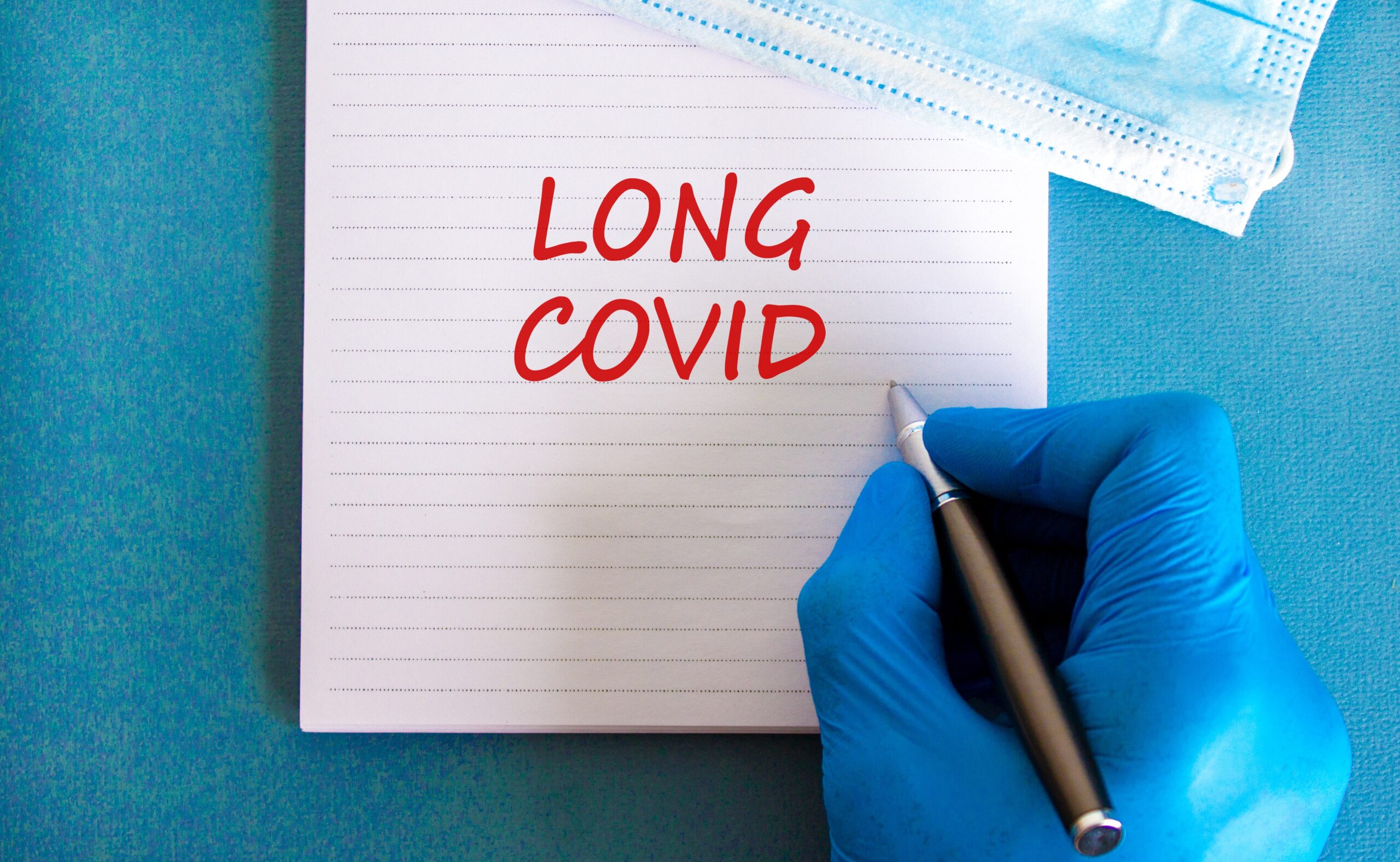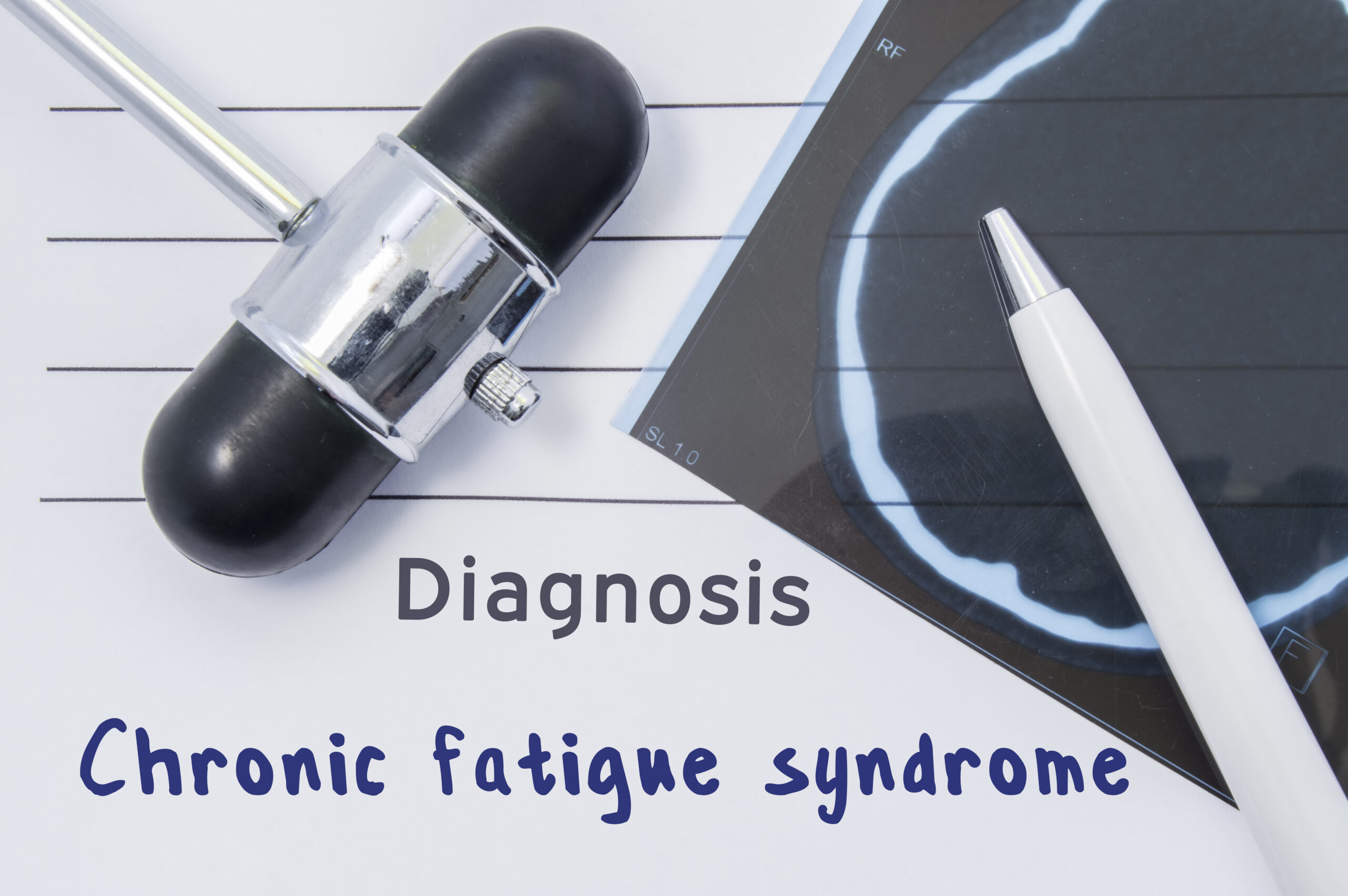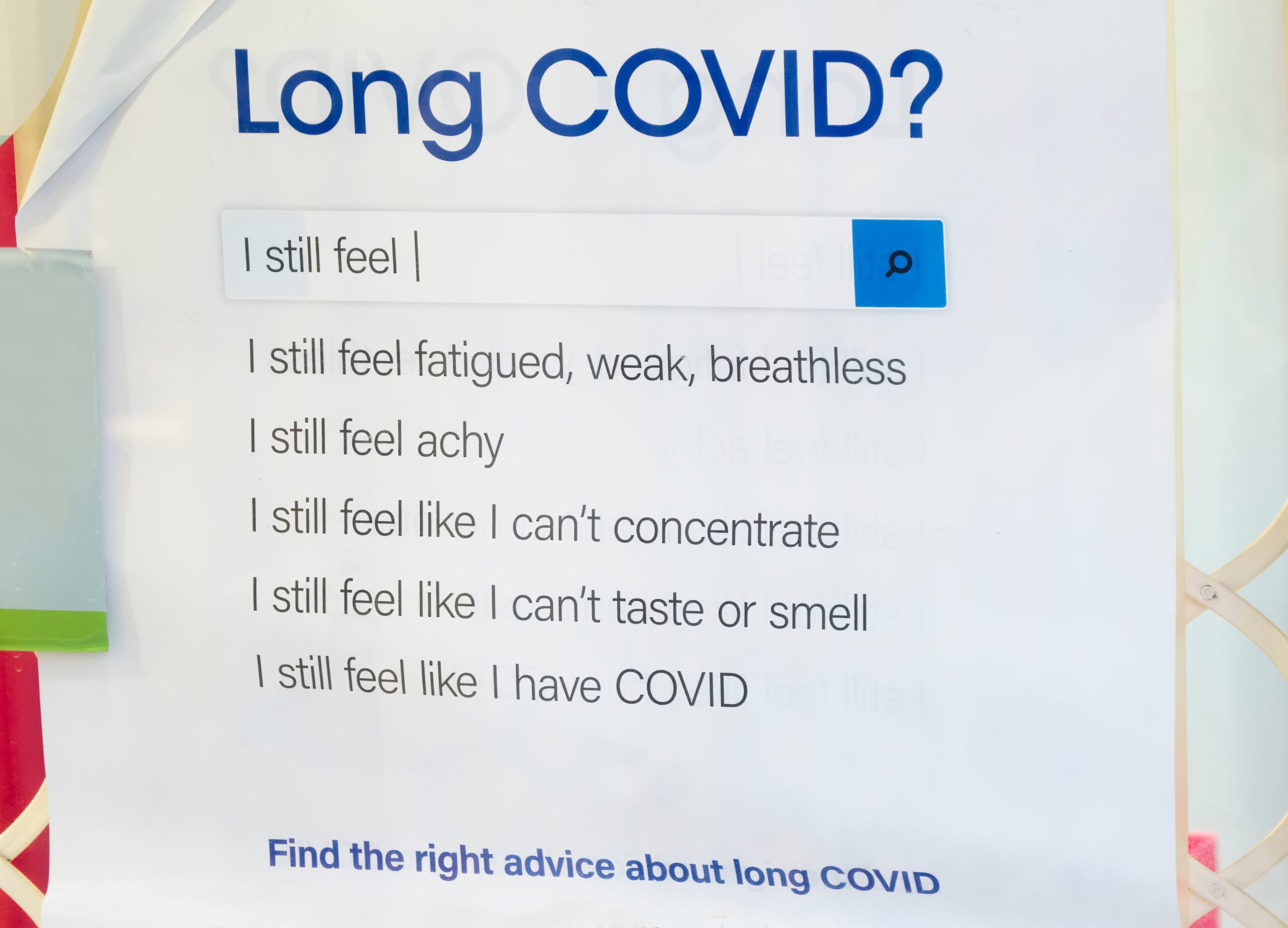Now live! RTHM Direct – simplified medication access for Long COVID, ME/CFS and related conditions. Check it out
As the world continues to grapple with the COVID-19 pandemic, one of the most frequently asked questions is, “How long does COVID fatigue normally last?” Unfortunately, how long COVID fatigue lasts can vary from individual to individual, so there is no clear answer to this question.
This post aims to shed light on this topic, providing insights into how long COVID fatigue lasts, its symptoms, and strategies for recovery.
Understanding Fatigue
COVID fatigue is a long-term symptom seen in those with Long COVID (LC), a condition that some individuals develop after recovering from the initial acute infection. It’s characterized by persistent tiredness, difficulty concentrating, muscle weakness, and overall malaise. In some cases, individuals may also experience headaches, dizziness, and sleep disturbances.
Duration of COVID Fatigue
The duration of LC fatigue varies significantly from person to person. Some individuals may experience these symptoms for a few weeks, while others may continue to feel fatigued for several months. In rare cases, COVID-19-related fatigue can persist for up to a year or more, with many meeting the criteria not only for Long COVID but for another condition called ME/CFS.
Learn more about ME/CFS HERE.
Factors Influencing Duration
Several factors can influence the duration of COVID fatigue. These include the severity of the initial COVID-19 infection, the individual’s overall health status, and their immune response to the virus. Individuals who experienced severe symptoms during the acute infection, who did not receive the COVID-19 vaccine, or who have preexisting health conditions are at a higher risk for developing long-term symptoms like fatigue.
Symptoms of COVID Fatigue
Chronic fatigue can significantly impact an individual’s daily life. Symptoms can include:
- Chronic tiredness: Despite getting adequate sleep, individuals with chronic fatigue may still feel persistently tired.
- Muscle weakness: This can make it difficult to perform everyday tasks and can lead to a decline in physical activity.
- Cognitive difficulties: Some individuals may experience ‘brain fog,’ memory problems, and difficulty concentrating.
 Recovery Strategies for Chronic Fatigue
Recovery Strategies for Chronic Fatigue
While there’s no one-size-fits-all treatment for COVID fatigue, several strategies can help manage the symptoms:
- Prioritize rest: Ensuring you get plenty of sleep can help your body recover.
- Maintain a healthy diet: Proper nutrition can support your immune system and energy levels.
- Pacing: Pacing is a treatment strategy designed to avoid post-exertional malaise commonly seen in those with LC or ME/CFS. The idea behind pacing is to limit activities that exceed your daily energy envelope. To learn more about pacing, CLICK HERE.
- Seek medical advice: If your fatigue persists or worsens, it’s crucial to consult your healthcare provider.
Many providers not familiar with ME/CFS and a condition known as post-exertional malaise, may recommend gradual exercise, or light physical activity that you increase over time. Unfortunately, for many with chronic fatigue associated with LC or ME/CFS, this activity actually worsens symptoms. This highlights the importance of pacing as mentioned above.
Balancing Life with Chronic Fatigue
Chronic fatigue is a complex condition that can last for varying durations. Understanding its symptoms and implementing recovery strategies can help individuals navigate this challenging aspect of post-COVID recovery. As research continues, we hope to gain more insights into effectively managing and treating this condition.
Remember, if you’re experiencing persistent fatigue after recovering from COVID-19, it’s essential to seek medical advice. RTHM specializes in Long COVID and Complex Illness Care and can help determine the best course of action for chronic fatigue based on your specific symptoms and overall health status.

Get updates
Join our mailing list



